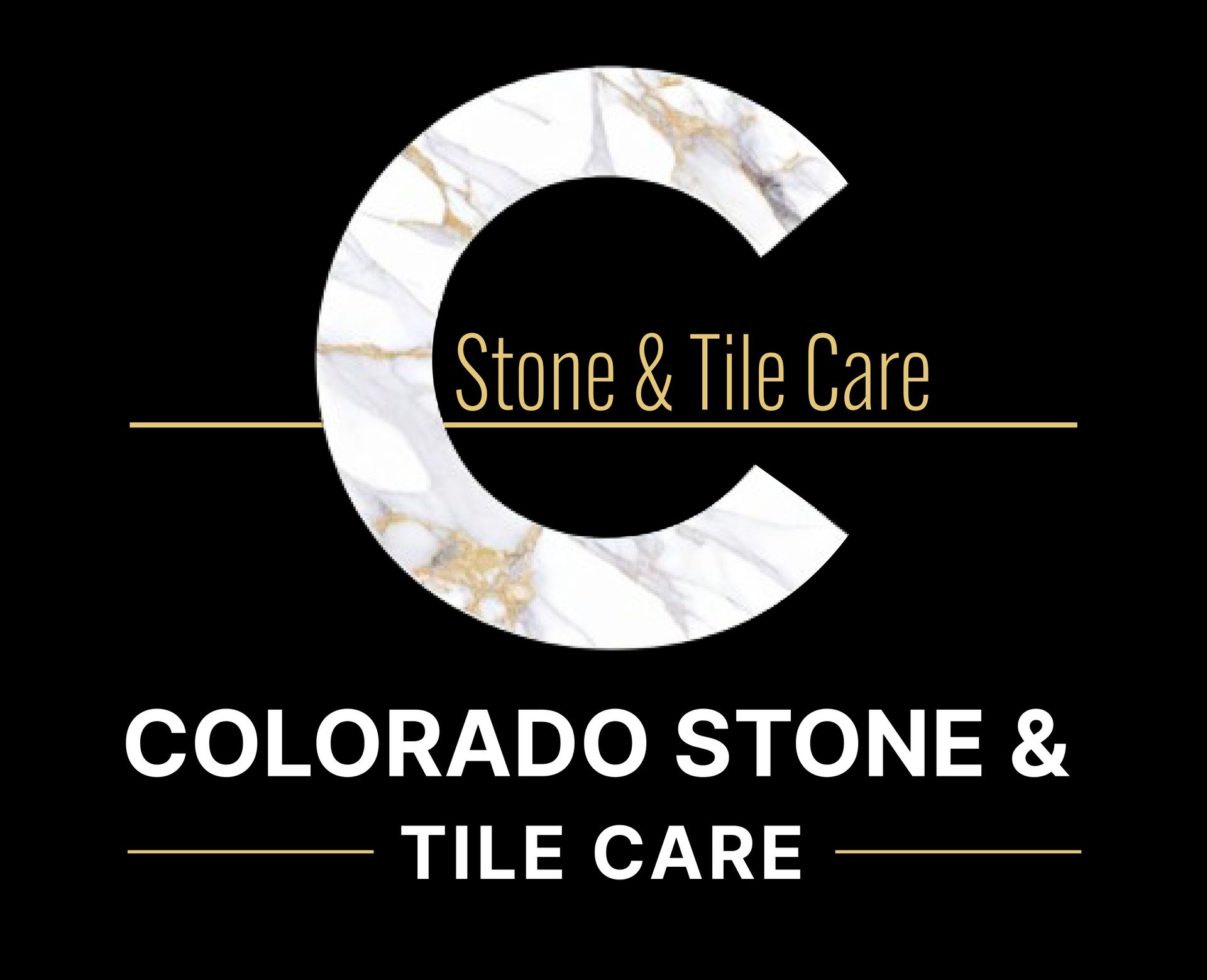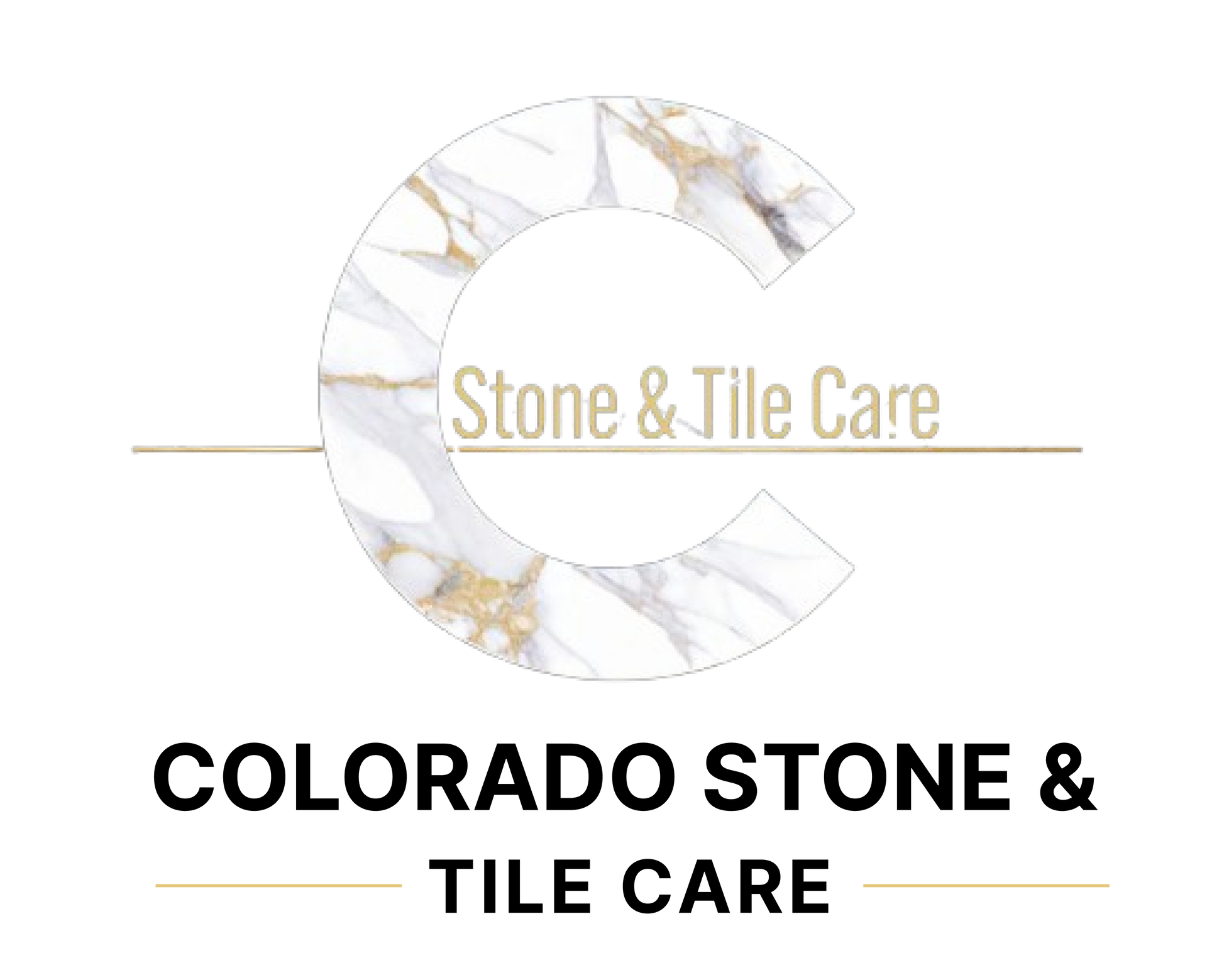Stone Surface Honing in Denver, Colorado
Professional Stone Surface Honing Services for a Smooth, Matte Finish
Honing describes any finish that does not meet the standards for a polish. While we can achieve any level of hone that a customer requests, we have broken honing into two categories. To compare a honed finish with a polish, per our definition, one would need a wider angle from a light source to see a reflection. The two levels of hone we offer are Matte and Satin.
Matte is the lowest level of hone, typically left at a 200 to 400 grit finish. This finish should look clean and even across the entire surface. Looking straight down from a standing position, light sources, if visible at all, will look to be a soft glow on the stone.
Satin is the next finish level and can be likened to as 1800 grit finish. At this finish the angle to see a reflection is tighter. When looking straight down vague details of the light source may be discernable. (i.e. the outline of a ceiling light can or vague outline of a lightbulb)
Frequently Asked Questions
What exactly is stone honing, and how is it different from polishing?
Honing is the process of grinding natural stone surfaces with abrasives to create a smooth, matte or satin finish. Unlike polishing, which gives a high-gloss shine, honing removes light scratches, etching, and minor imperfections without making the surface reflective. This is ideal for customers who want a more natural, understated look or prefer safer, less slippery surfaces. Colorado Stone & Tile Care uses precision equipment and various grits tailored to each stone type—whether marble, limestone, or travertine—to achieve a flawless honed finish.
Why would I choose a honed finish over a polished one?
A honed finish is less slippery, hides scratches better, and provides a warmer, more organic aesthetic. It’s ideal for high-traffic areas like kitchens, bathrooms, or commercial spaces in Denver that endure daily wear. It also helps reduce visible etching from acidic substances like wine or lemon juice, common on surfaces like marble. Honing is popular among clients who prioritize function, subtlety, and ease of maintenance.
How do I know if my stone surface needs honing or full restoration?
If your stone has minor scratches, dull spots, or mild etching, honing is likely sufficient. However, if there are deep cracks, chips, or severe staining, full restoration—possibly including grinding and polishing—may be required. Colorado Stone & Tile Care conducts an on-site evaluation to determine the best approach based on stone condition, traffic patterns, and customer preferences.
Can honing remove etching from marble or limestone surfaces?
Yes. Honing is one of the most effective ways to remove etching, which appears as dull, chalky marks caused by acidic spills. These aren’t stains—they’re surface damage to the stone itself. By honing down to a uniform layer, Colorado Stone & Tile Care can restore the consistency of your marble or limestone and eliminate those unsightly blemishes without aggressive grinding or harsh chemicals.
How often should I have my stone surfaces honed?
The frequency depends on use and type of stone. In a busy kitchen or commercial lobby, you may need honing every 1–2 years to maintain a consistent finish. For lower-traffic areas, once every 3–5 years may be sufficient. Colorado Stone & Tile Care helps you plan long-term maintenance and offers tips to extend the results, including protective sealing and proper daily cleaning techniques.
Is there dust or mess involved in the honing process?
Many customers worry about dust, but professional honing is a wet process—meaning water is used to suppress dust during grinding. Colorado Stone & Tile Care uses containment measures and cleans up thoroughly afterward. Our technicians protect surrounding surfaces and leave your space as clean as we found it, so you don’t have to worry about post-service cleanup.
Does honing weaken the stone over time?
No. Honing does not compromise the structural integrity of the stone. In fact, it can prolong the life of your surfaces by removing surface wear and preventing deeper damage. It’s a maintenance procedure—not a cosmetic gimmick. When performed by trained professionals like those at Colorado Stone & Tile Care, honing helps your stone stay resilient and beautiful for decades.
Can honed surfaces still be sealed and protected?
Absolutely. In fact, sealing is especially important after honing, since it exposes a fresh layer of stone. Colorado Stone & Tile Care applies premium penetrating sealers that don’t alter the honed appearance but protect against moisture, stains, and chemical etching. We customize the sealer type based on the stone’s porosity and your specific use case (e.g., kitchen, bathroom, patio).
Will honing affect the color or pattern of my stone?
Honing can subtly soften the appearance of the stone, making veining and colors appear more muted compared to a polished surface. However, it also reduces glare, allowing the natural characteristics of the stone to show through without being overshadowed by reflection. Many clients actually prefer the deeper, more organic tone a honed surface provides—especially in Colorado’s natural light settings.
Is there a difference between DIY honing kits and professional honing?
Yes, a massive difference. DIY kits typically lack the professional-grade abrasives, equipment, and precision needed to hone stone evenly. Improper DIY methods can leave uneven patches, swirl marks, or even damage soft stones like marble or travertine. Colorado Stone & Tile Care uses professional equipment and a trained team to ensure even honing, correct grit progression, and flawless results.
client testimonials


